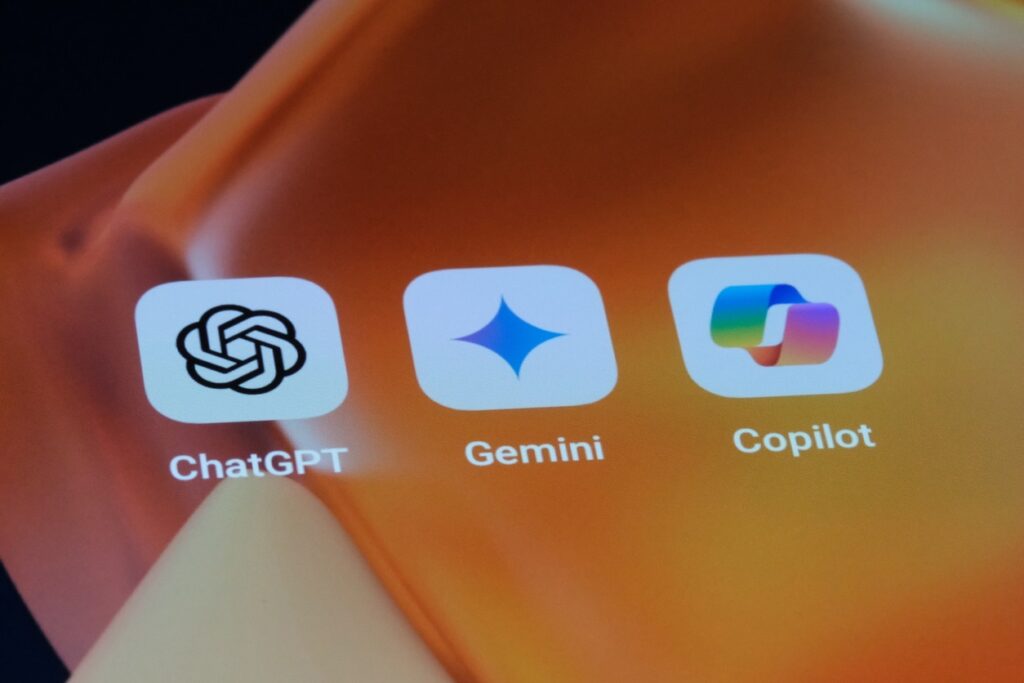
Why Google’s AI Overview Recommended ‘Rocks’ and ‘Pizza Glue’
At a glance:
- The “Rocks and Glue” Fiasco: Google’s AI Overview mistakenly recommended consuming rocks and glue, demonstrating the risks of AI hallucinations.
- A Widespread LLM Challenge: This incident isn’t unique to Google; any large language model can fall prey to factual errors without proper guardrails.
- The Importance of Grounded AI: Grounding AI responses in truth and relevance is crucial to avoid misinformation and ensure a positive user experience.
- The Lucidworks Solution: Lucidworks prioritizes accuracy, relevance, and human oversight to deliver trustworthy AI-powered search results for businesses.
Recent headlines about Google’s AI Overview recommending the consumption of rocks and pizza glue left many—including me—amused. I’m more of a ranch-on-my-pizza kind of guy, but I guess I should give glue a chance.
Sarcasm aside, most people know well enough not to consume glue or rocks. It’s common sense. The “rocks hallucination” occurred because Google indexed an article from The Onion, a well-known satirical news outlet.
While humorous, this incident isn’t isolated to Google. Any AI model, especially large language models (LLMs) that rely on vast amounts of data, can be susceptible to generating false or misleading information if not properly trained and monitored. This underscores the importance of implementing safeguards and “guardrails” to ensure that AI responses are grounded in truth and relevance.

Without such measures, Gen AI risks can lead to bad customer experiences, loss of brand trust and loyalty, and even dangerous situations. After all, people have been known to consume inedible objects like Tide Pods as part of a dangerous viral trend. In the case of a Gen AI-powered search platform, imagine the consequences of search results improperly recommending gluten-free snacks or infant care instructions.
This incident underscores a critical issue in the world of AI: the challenge of distinguishing fact from fiction, especially with large language models (LLMs) like those used in Google’s AI Overview.
The “Rocks Hallucination” and its Ecommerce Equivalent
Imagine a customer searching for “non-toxic dinnerware” on Crate & Barrel‘s website. A “rocks hallucination” equivalent in this context could lead to disastrous consequences. The AI-powered search, if not properly grounded, could potentially:
- Misdirect customers to competitors’ sites: If the search algorithm fails to understand the intent behind the query, it might return results for competitors selling similar products, leading to lost sales for Crate & Barrel.
- Return null results: If the search algorithm is too restrictive or lacks comprehensive product data, it might fail to return any results for “non-toxic dinnerware,” even if Crate & Barrel offers similar products of a different name, like “chemical-free dinnerware.” This could frustrate customers and drive them away.
- Display imprecise results: The search algorithm might return results for dinnerware that is not explicitly labeled as non-toxic, even if it meets safety standards. This could lead to confusion and potential harm if customers unknowingly purchase products that are not suitable for their needs.
Solutions for Grounding AI Responses
It’s critical for search solutions to address the challenges of ensuring accurate and relevant AI-generated responses for enterprises. By carefully curating and indexing data sources, the Lucidworks Platform incorporates guardrails that ensure responses from AI models, like those provided by Google, are based on reliable, accurate information that our clients specifically want their customers to engage with. Much like the railings at a train station guide and direct the train along its intended path, these safeguards prevent AI from veering off course and generating irrelevant or misleading information. It goes beyond simple keyword matching, understanding the context and intent behind a user’s query.
Unlike black-box AI solutions that offer little transparency or control, Lucidworks’ open platform approach allows businesses to understand and customize how AI models work. This transparency allows for greater control over the search experience, ensuring that results are tailored to each customer’s specific needs and preferences. As our client, semiconductor manufacturer STMicroelectronics, puts it:
“Unlike other solutions on the market, Lucidworks AI-powered platform is not a closed black box. This allows us to have the control to monitor and tune results—something that is of critical importance to us as a company.”
In the case of the “non-toxic dinnerware” search, Lucidworks would prioritize products explicitly labeled as such, also accounting for synonyms like “BPA-free” or “lead-free.” This focus on precision and relevance enhances the customer experience and protects against misinformation.
The Importance of Human Oversight in AI
While AI models are constantly improving, human oversight remains crucial. At Lucidworks, we believe in a hybrid approach where AI augments human expertise, not replaces it. Our team of experts continually monitors and refines algorithms, ensuring the platform consistently delivers relevant and trustworthy results.
In AI, We Trust (When It’s Grounded in Truth)
Google’s rock-eating AI Overview might have been funny, but it highlights the importance of grounding AI responses in truth and relevance. By leveraging platforms like Lucidworks, which prioritize relevance and safeguards, we can ensure that AI-powered tools provide users with accurate, reliable, and helpful information.